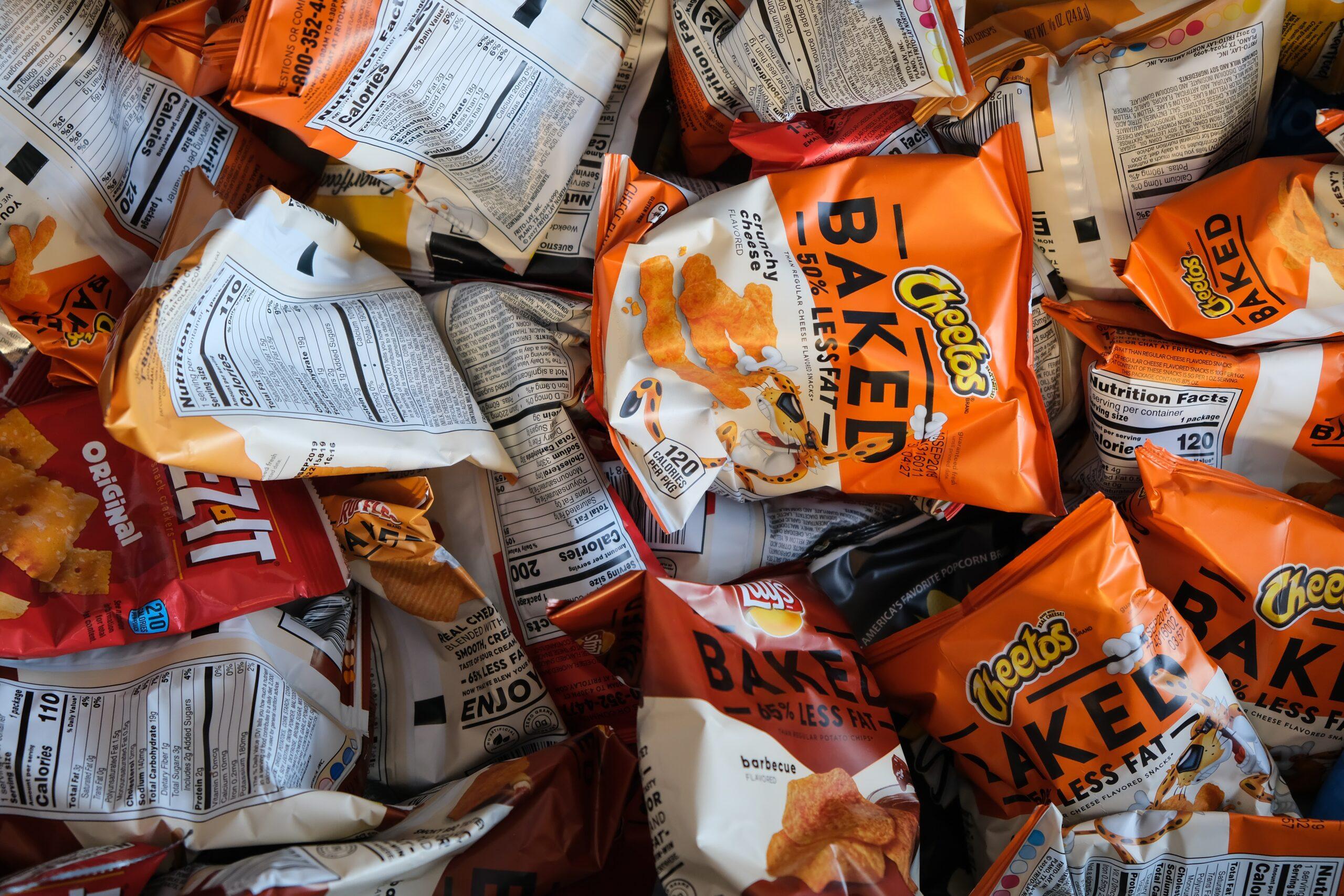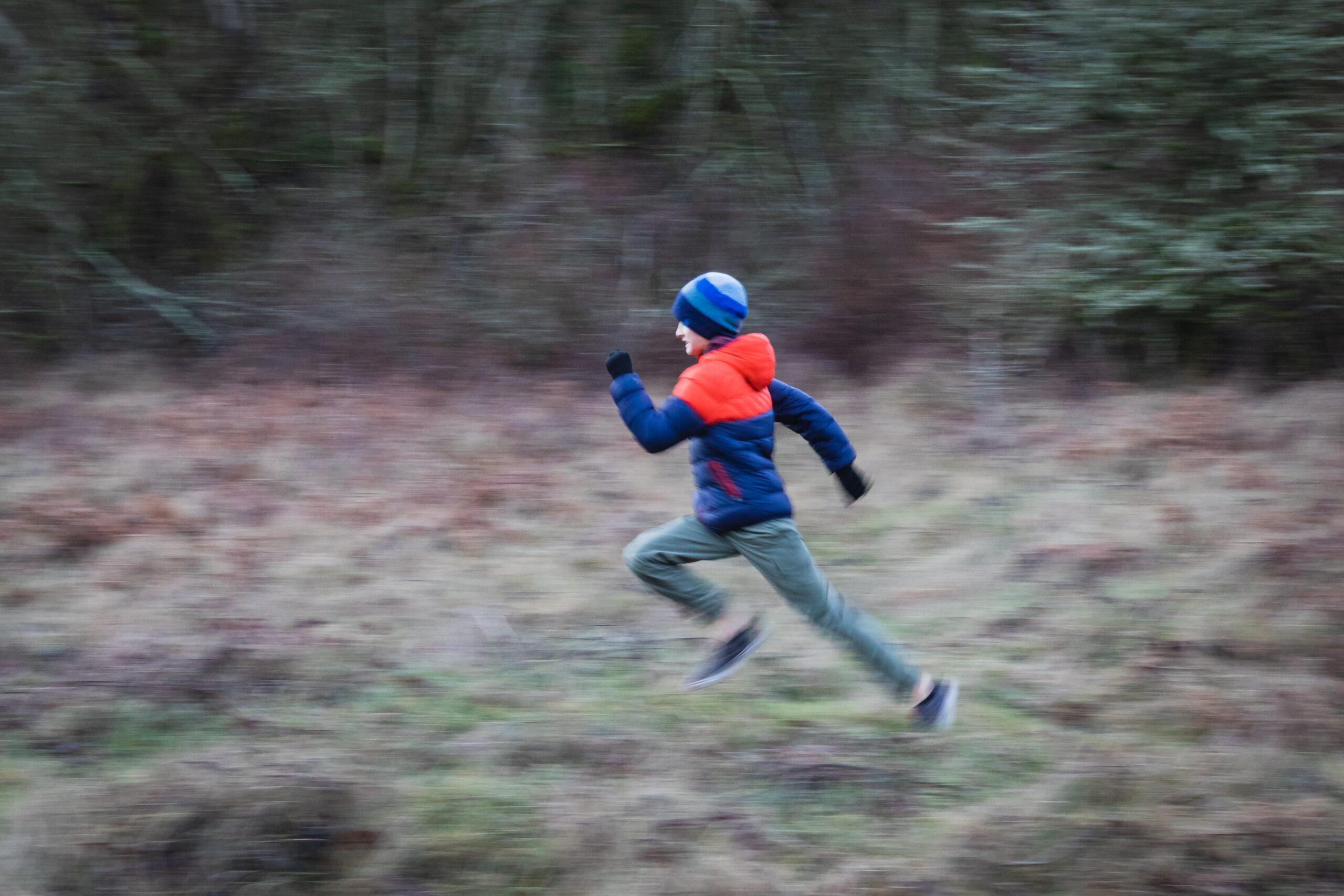Need yet another reason to get kids moving? In a recent study published in The Proceedings of the National Academy of Science (PMAS), researchers found that poor motor skills, obesity and physical inactivity contribute to underachievement in school. So what does this mean for us parents? Well, for starters, it means we need to carve out more time for unstructured play to keep kids physically fit— like the old days when kids used to run around, get dirty, slide down the tallest slide and swing until their feet touched the sky. Now, between music classes, art workshops and second language tutorials, there’s barely enough time for a fast food dinner.
I’ve realized that the non-stop activities and lessons may be more harmful than they’re worth. Moderation is key. Just last week, my son looked at me and said, “Not music class again, Mom.” I took his direction and we ditched his lesson. Instead, I let him jump in puddles until he was soaking wet and muddy from head to toe. I didn’t even care about the mess after he flashed me the biggest smile. Something I hadn’t seen in a long time.
Sometimes kids just need to get outside and play— unhindered and unrestricted. It actually might be better for them than the packed schedule of structured activities and lessons we plan for them.
Play is active by nature. All that running, climbing, jumping and swinging are physical activities that keep your kids healthy and fit. Without this kind of physical play, they’re more at risk for childhood obesity and poor motor skills. Think about all the time kids spend in car seats being transported to and from summer programs. Maybe cut back a tad, allowing for more outdoor play for your tyke. Just one less trip a week means extra time for a game of tag or a round of hopscotch.
Along with physical health, playtime also boosts brainpower, as shown by the PMAS study. Through outdoor and social recreation, kids learn about the world around them. They learn to understand cause and effect and spatial relationships. For example, a child learns, if I kick the ball, it goes over there.
You know when kids are deep into a pretend world of make-believe? This type of imaginative play encourages kids to use their minds and thinking skills. Youngsters come up with solutions to problems, explore new situations and create fantasy worlds all within the safe confines of their imaginations.
Youth use play as a stress reliever. Acting silly and having fun releases happiness-causing endorphins. While playing, kids can relax, unwind and be carefree. When kids are blissfully engaged, stress is the last thing on their minds.
Just as children use play to work through stress, they use it to work through their other emotions, like fear or self-doubt. A child can pretend he is conquering evil villains while crushing his insecurities. Without the proper outlet for these emotions, a child may bottle them up.
We should all give little ones free time to play. You may be tempted to pack your child’s schedule when you see all the other parents shuttling their kids from one activity to another. I know I was. Taking a step back from the calendar requires a shift in thinking. Free time isn’t necessarily a bad thing as long as kiddies have the opportunity to play. Don’t view playtime as idle time. It’s the best way for kids to learn, grow, develop creatively, and let go of the negative emotions. Sounds better than a paint and pour class now, doesn’t it?




